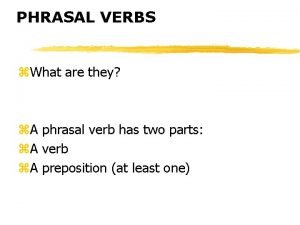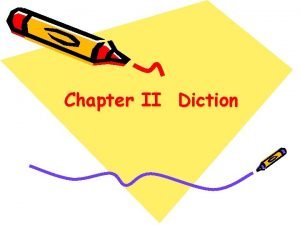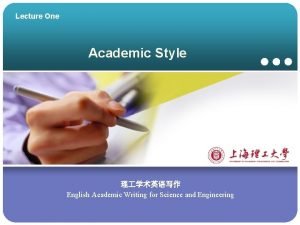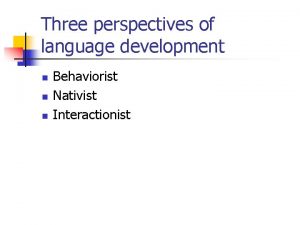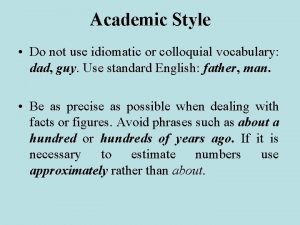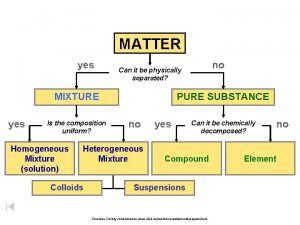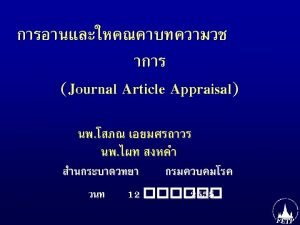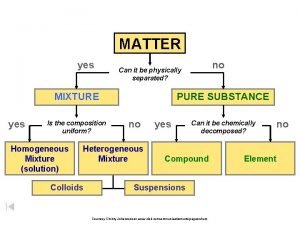Academic Style No Yes Academic Style NO Idiomatic

















- Slides: 17

Academic Style

No Yes Academic Style

NO Idiomatic / colloquial (slang) NO number / bullet points Kids / boss / gonna / stuff NO vague language And so on. . / etc… NO Phrasal verbs Go up / look up NO Repetition YES Passive structures We analysed the data / The data was analysed YES –Academic Vocabulary See A. W. L Constant repeating same words NO Personal Pronouns I, we, In my opinion (limit use) NO Contractions Academic Style It’ll = it will / It’s = it is No basic language NO Questions So why did the project fail? NO Personal adverbs Surprisingly / fortunately Like – for example Thing – factor Lots of – significant amount Little/ big – large Get - obtain Hard - difficult Good / bad – positive / negative Amazing / wonderful - important YES – Referencing systems YES Complex Grammar structures Nominalisation / noun structures YES Caution / hedging – tentative language Possibly / seems / appears / could / may YES Accurate vocabulary Difference between law / rule YES Precise facts / figures A few years ago / in 2014

10+ style errors • How to make people work harder is a topic that lots of people have written about in the last few years. There are lots of different theories etc. . and I think some of them are ok. When we think about this we should remember the old Chinese proverb, that ‘you can lead a horse to water but you can’t make it drink’. So how do we increase production? It’s quite a complex subject but I’ll just talk about a couple of ideas.

• How to make people work harder is a topic that lots of people have written about in the last few years. There are lots of different theories etc and I think some of them are ok. When we think about this we should remember the old Chinese proverb, that you can lead a horse to water but you can’t make it drink. So how do we increase production? It’s quite a complex subject but I’ll just talk about a couple of ideas.

• Motivation has been the subject of numerous studies during recent decades, but this essay will focus on Maslow’s hierarchy of needs theory (1943) and Herzberg’s two-factor theory (1966). Their contemporary relevance to the need to motivate employees effectively will be examined critically, given that this can be considered crucial to a firm’s survival in the current economic climate.

a) Another thing to think about is the chance of crime getting worse. • Another factor of consideration is the possibility of crime increasing.

(b) Regrettably these days lots of people don’t have jobs. • Currently the rate of unemployment is at an unprecedented level.

(c) Sometime soon they will find a vaccine for malaria. • It has been proposed that by 2017 a vaccine for malaria will have possibly been discovered.

d) A few years ago the price of property in Japan went down a lot. • (d) After 2013, the Japanese property market in house value fell dramatically. • Since 2013, the price of property fell dramatically in Japan

e) You can’t always trust the numbers in that report. • The numbers in that report have been proposed as fundamentally unreliable.

f) Sadly, the high inflation led to poverty, social unrest and so on. • (f) The severe inflation led to poverty, social unrest and animosity towards the government. (list 3’s)

(g) He was over the moon when he won the prize. • (g) The prize gave the participant a considerable amount of pleasure

(h) I think we should pay students to study. • It is widely agreed that students should receive grants to study at tertiary level.

i) A few years ago they allowed women to vote. • (i) Women were enfranchised in 1987

(j) What were the main causes of the Russian revolution? • (j) The main causes of the Russian revolution were war and misgovernment.

3 Practice • ( (a) Another factor of consideration is the possibility of crime increasing. • (b) Currently the rate of unemployment is at an unprecedented level • (c) In the near future a vaccine for malaria may be discovered. • (d) After 2013 Japanese property market in house value fell dramatically. • (e) The numbers in that report have been proposed as fundamentally unreliable • (f) The severe inflation led to poverty, social unrest and animosity towards the government. (list 3’s) • (g) The prize gave the participant a considerable amount of pleasure • (h) It is widely agreed that students should receive grants to study at tertiary level. • (i) Women were enfranchised in 1987. • (j) The main causes of the Russian revolution were war and misgovernment.
 Im trading
Im trading Brandon witte
Brandon witte Yes she said yes ulysses
Yes she said yes ulysses Yes yes lord amen
Yes yes lord amen Idioms in paragraph
Idioms in paragraph Zsoba
Zsoba Prepositional particle
Prepositional particle Technical diction
Technical diction Tener phrase
Tener phrase Transferred epithet
Transferred epithet Transitive phrasal verbs
Transitive phrasal verbs Rewrite the following text in a more academic style
Rewrite the following text in a more academic style What is tentativeness in academic writing
What is tentativeness in academic writing Referential vs expressive style
Referential vs expressive style Puritan plain style poem
Puritan plain style poem Reference initials examples
Reference initials examples Periodic vs cumulative sentence
Periodic vs cumulative sentence Difference between formal and informal tone
Difference between formal and informal tone






